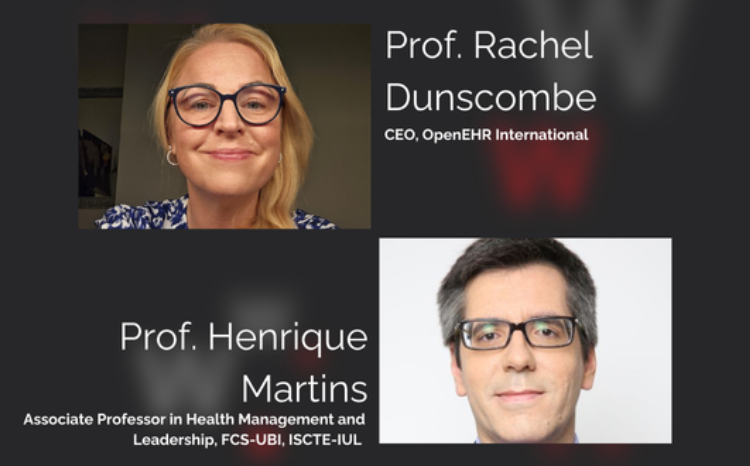Perfect vision for health informatics
- 10 December 2008

Representatives of international and regional e-health advocacy groups are meeting at the Wellcome Trust in London this week to agree plans for building “capacity” in the global health informatics workforce, thanks to a €0.9m ($1.2m) grant from the Bill and Melinda Gates Foundation.
The American Medical Informatics Association (AMIA) announced on Monday that it received the grant to promote health informatics and biomedical education and training worldwide, particularly in developing countries.
AMIA is convening the meeting with the European Federation for Medical Informatics (EFMI) and the Asia Pacific Association for Medical Informatics (APAMI), under the umbrella of the International Medical Informatics Association (IMIA).
This will be planning the first project of a programme called 20/20, in which IMIA and its regional affiliates will attempt to train 20,000 informatics professionals globally by 2020. This is an outgrowth of the well-established AMIA 10×10 programme to train 10,000 people in informatics in the US by 2010. The 20/20 effort is chaired by Dr NT Cheung, head of IT for the Hong Kong Hospital Authority.
The Gates money is intended to develop “scaleable” approaches to e-health education, including a replicable blueprint for training informatics leaders, including physicians, medical records specialists, computer scientists and medical librarians.
“The problem of having enough well-trained informatics professionals is already an urgent topic,” says EFMI’s immediate past-president and IMIA vice president Dr George Mihalas, of Victor Babes University of Medicine and Pharmacy in Timisoara, Romania.
“There is a chronic lack of health information professionals,” he adds, and the issue is particularly acute as modern medicine expands throughout under-served regions like as sub-Saharan Africa, South Asia and South America.
As in 10×10, the international effort will provide education in four domains of informatics: research, knowledge management, translational bioinformatics and public health. Some of the AMIA course materials already have been translated into Spanish to stage training in Argentina.
In a statement, AMIA said: “We envision the programme will train leaders in low-resource nations by linking them and their institutions to partner institutions affiliated with AMIA to build capacity for managing and improving high-quality, low-cost healthcare in the less-developed economies.”
AMIA president and chief executive Dr Don Detmer says this element of 20/20 is aimed at career informaticians “so there won’t be a brain drain” in their home countries.
Other elements of 20/20 will include individual and degree-track courses at colleges and universities—similar to existing 10×10 curriculum—and skills training, not necessarily specific to medical informatics. “The impact of IT depends not only on informatics professionals, but also on end users,” Dr Mihalas says.
“We’re also looking at ways of creating seminars and executive training for people to advocate for this in their home countries,” Dr Detmer adds.
Dr Detmer, who is retiring at the end of the year, says the skills training will happen in “bits and bites” to help augment the global e-health workforce incrementally. Some planning in this area has been supported by the Rockefeller Foundation as part of a €389,000 ($500,000) grant to AMIA to lead one of the Making the eHealth Connection conferences last summer in Bellagio, Italy.
Dr Antoine Geissbühler, chief of medical informatics at Geneva University Hospitals and IMIA liaison to the World Health Organisation, indicates via e-mail that the Wellcome Trust meeting on capacity building is a follow-on from work started in Bellagio.
Link




